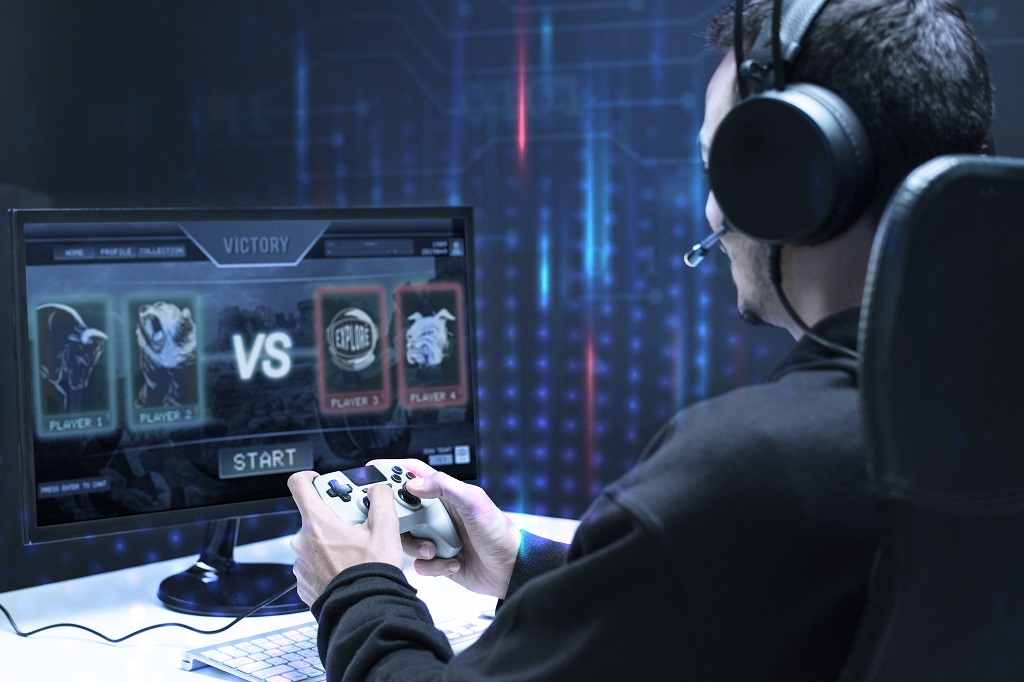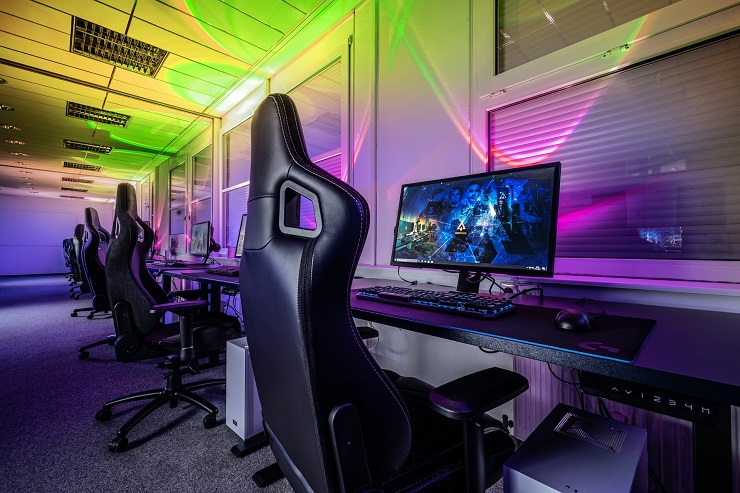Game development isn’t as smooth and glamorous as many newbies imagine. It comes with challenges like tight deadlines, production obstacles, publisher pressures, and long work hours, which are just a glimpse of every developer’s hurdles. Yet, those professionals in mobile game development services know how to tackle these challenges. But the chaos and the desire to create visually stunning and immersive games fuels their determination.
However, not everyone is familiar with this rollercoaster of the madness of developing games and its various stages, so today, we decided to shine some light on game development. In this guide, you will look at the stage, demystifying the process for those eager to understand the world of game development, and we will also tell you about the challenges that the newest developers face.
So let’s take a look:


Overview Of Game Development Stages
Before we begin with the roadblocks, let’s first understand the stages of game development. Many newbies ask the question, what are the stages of game development? As they don’t have a better understanding of these stages. But don’t worry, we are here to tell you about them.
The game development process unfolds in seven key phases – Planning, Pre-production, Production, Testing, Pre-launch, Launch, and Post-production. Each stage plays a vital role in shaping a game; navigating through them requires diligence and strategic thinking. Let’s take a look at them in detail:
-
Planning
Planning is the game’s blueprint phase. Brainstorming is the key element before a developer dives into coding or designing. They decide the game’s type, visual style (2D or 3D), characters, setting, and the platform it will be on. Therefore, this phase establishes the project’s vision, creating a solid foundation.
-
Pre-production
In pre-production, the creative brainstorming comes to life. Different teams collaborate – writers shape the narrative, engineers discuss technical details, artists align visuals, and developers plan in-game mechanics. It’s like crafting a detailed game plan before the real action begins.
-
Production
Production is where the magic unfolds. Character models are designed, audio engines are fine-tuned for realistic sounds, and level designers create immersive environments. Voice actors breathe life into characters, and developers write thousands of lines of code. Project leads ensure everyone stays on track. This stage turns ideas into tangible game elements.
-
Testing
Testing is like quality control. Every aspect of the game undergoes examination. Play testers explore the game, checking for bugs, rendering issues, and exploitable features. It’s a critical phase to identify and fix flaws before the game reaches the public. Testing is the checkpoint where the game transitions from an idea to a polished, playable experience.
-
Pre-launch
Before the big reveal, pre-launch involves creating excitement. Developers may produce a hype video showcasing cinematics and gameplay. For independent studios, creative marketing strategies like crowdfunding and early-access Beta releases play a crucial role. It’s the phase where anticipation builds up for the game’s grand entrance.
-
Launch
Launch day is like crossing the finish line. After months of bug fixing and polishing, the game is ready for distribution. Developers make final touches to enhance immersion, like adding depth to landscapes or improving textures. The level of polish depends on factors like the game engine used and how close it is to the launch date.
-
Post-production
Post-launch isn’t the end; it’s a new beginning. Developers celebrate the success as sales pour in. However, there’s still work to be done. Post-launch involves identifying and fixing minor bugs reported by players. Regular software updates, including game-balancing patches and new downloadable content (DLC), keep the game fresh and engaging. It’s the phase where the game evolves and continues to capture players’ attention.
The 7 Odd Roadblocks!
We hope you understand all the game development stages now. Let’s see what roadblocks newbies often face.
Roadblock #1: Unrealistic Expectations
Many newcomers often face a big hurdle when they realize that making games is much tougher than it looks. The glamour of the industry can overshadow the hard work needed. It’s crucial to understand that there are tight deadlines, production challenges, and pressure from publishers. Acknowledging these realities helps set a realistic mindset for success.
Roadblock #2: Lack of Planning in Pre-Production
Many beginners underestimate the importance of planning. Before jumping into creating a game, it’s vital to answer critical questions about the game’s type, features, characters, target audience, and platform. The proof of concept is crucial, helping decide if the game is feasible, its cost, team size, and timeline. Without proper planning, the entire project may face challenges.
Roadblock #3: Technical Challenges
Dealing with technical aspects can be challenging for newcomers. Coding errors, software compatibility issues, and the need for new gaming engines can feel overwhelming. Recognizing these challenges and seeking resources and advice to overcome them is essential. A good understanding of the technical side is fundamental for a successful game development journey.
Roadblock #4: Scope Creep During Production
Production, where most resources are invested, poses a critical challenge. The temptation to expand the game’s scope can lead to scope creep, causing complications. Balancing creativity with project constraints is tricky. Beginners must learn effective scope management to ensure a smoother production process without unnecessary complications.
Roadblock #5: Inadequate Testing
Testing is more than just a checklist; it’s a critical phase for game quality. Neglecting thorough testing can leave a game unready, even for an Alpha release. Playtesters are vital in finding bugs, glitches, and potential issues. Understanding the importance of comprehensive testing is key to delivering a polished and enjoyable gaming experience.
Roadblock #6: Lack of Collaboration
Game development involves various teams – writers, artists, designers, developers, and more. Poor collaboration between these departments can result in disjointed narratives, incompatible visuals, or inefficient mechanics. Encouraging effective communication and collaboration is essential for a cohesive and successful game development process.
Roadblock #7: Marketing and Release Challenges
As a game nears completion, challenges in marketing and release come into play. Questions about how the public will receive the game, dealing with bug reports, and getting media coverage become crucial. Whether working with a publisher or independently, understanding effective game marketing, creating attention-grabbing videos, and using crowdfunding are vital skills for a successful launch.
Conclusion
Therefore, in the dynamic world of game development, challenges are inevitable. Yet, by acknowledging and preparing for these hurdles, you can become stepping stones for growth. But for this, you have to swap unrealistic expectations with a realistic industry understanding, use proper planning as your development compass, turn technical challenges into skill-building opportunities, let collaboration foster creativity, ensure thorough testing for a polished product, and view marketing challenges as exciting opportunities to showcase your hard work.
Also, you can get employed in the best mobile game development company to navigate these roadblocks successfully, stay determined, and learn more about game development.
At last, we want to state that “Game development isn’t just a career; it’s a thrilling adventure filled with endless possibilities for those ready to face challenges head-on.”


















